4.9 Google Rating
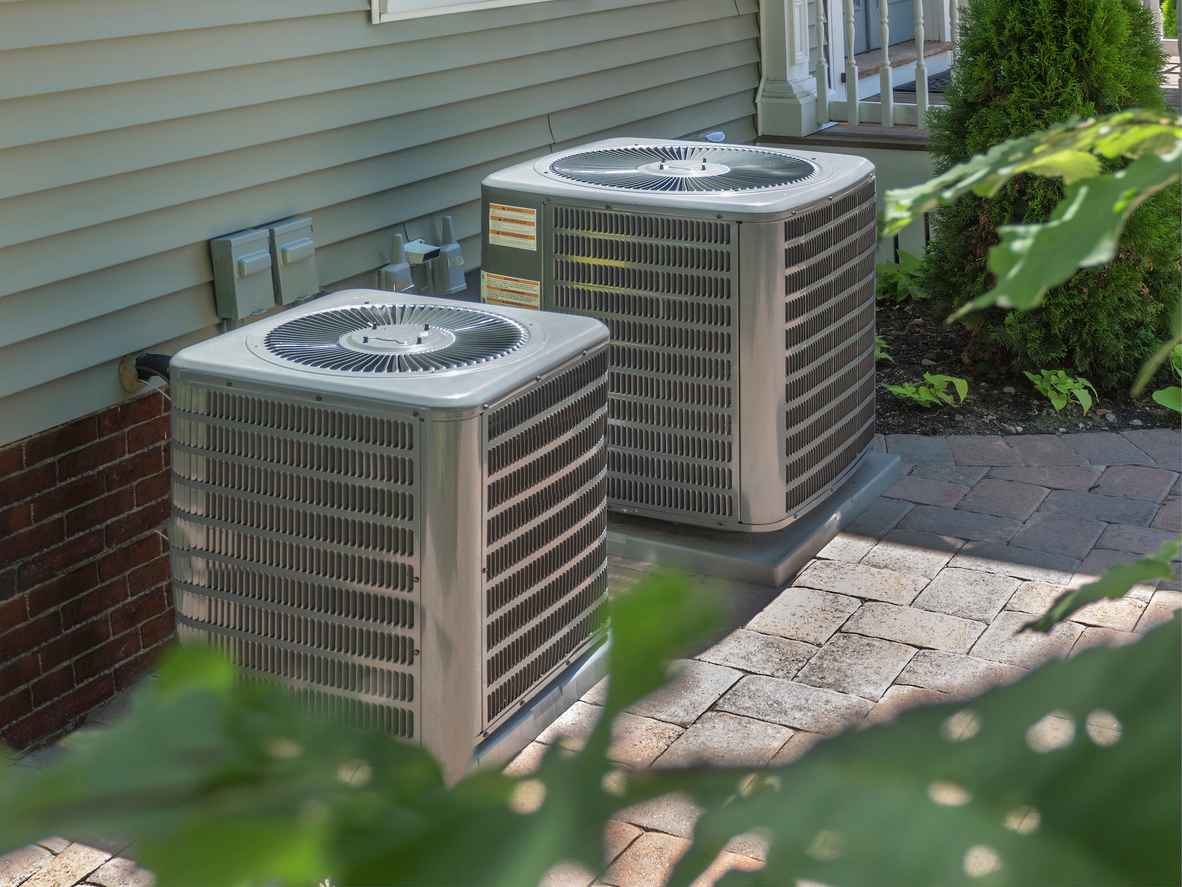
Repair or Replace? Decoding the Dilemma for Your HVAC System
Your HVAC system is one of the most important components in your home, keeping you cool in the summer and warm during the winter. But like any mechanical system, it will eventually wear down and may require repair or replacement. The big question is, how do you know whether it’s better to repair or replace your HVAC system? In this blog post, we’ll walk through key factors you should consider to help make the right decision for your home and your budget.
Age of the HVAC System
The age of your HVAC system plays a critical role in determining whether you should repair or replace it. Most HVAC systems, whether they are air conditioners or furnaces, have a lifespan of 10-15 years. If your unit is approaching or has passed this age range, it might be more cost-effective to replace it rather than continue paying for frequent repairs. Older units also tend to lose energy efficiency over time, which means they will cost you more on your utility bills as they age. If your HVAC system is nearing the end of its lifespan, replacing it with a newer, more energy-efficient model could save you a lot of money in the long run.
Frequency and Cost of Repairs
Another critical factor is the frequency and cost of repairs. If you find yourself constantly calling a technician to fix the system, it’s probably time to consider replacement. A good rule of thumb is the “$5,000 rule.” Multiply the age of your unit by the cost of the repair. If the result is more than $5,000, it’s time to replace the system. For example, if your HVAC system is 10 years old and the cost of the repair is $500, that comes out to $5,000. This suggests that you are better off replacing the unit to avoid future costly repairs.
Energy Efficiency
Energy efficiency is a major factor to consider when deciding between repair or replacement. If your current system is older, it may not meet today’s standards for energy efficiency. Modern HVAC systems are significantly more energy-efficient, thanks to advances in technology and improvements in design. Newer systems not only provide better performance, but they can also reduce your energy bills by up to 20% or more. When you’re spending hundreds of dollars on monthly energy costs, an inefficient system can take a big bite out of your budget. Upgrading to a high-efficiency unit might be a smart move to save money and reduce your environmental impact.
Look for systems with high SEER (Seasonal Energy Efficiency Ratio) ratings if you’re considering a replacement. The higher the SEER rating, the more efficient the system. Replacing an old, inefficient unit with an energy-efficient model can drastically improve your home’s comfort and energy consumption.
Comfort and Air Quality
If you notice uneven temperatures in different areas of your home, weak airflow, or humidity issues, these could be signs that your HVAC system is struggling. A failing system may not provide the comfort you need, especially during extreme weather conditions. In some cases, repairs can solve the problem, but if these issues are persistent, a replacement may be the best option.
Air quality is another important aspect to think about. Older systems may not filter air as effectively, leading to a buildup of allergens, dust, and even mold in your home. A newer system, especially those equipped with advanced air filtration technology, can significantly improve indoor air quality, making your living space healthier and more comfortable.
Environmental Impact
As awareness of environmental issues grows, many homeowners are prioritizing energy efficiency and reducing their carbon footprint. Older HVAC systems are often less environmentally friendly, consuming more energy and emitting higher levels of pollutants. Newer systems are designed to be much more eco-friendly, using advanced technologies that minimize energy consumption and reduce harmful emissions. If you’re environmentally conscious, replacing an old system with a newer, more sustainable option can help you align your home with your green goals.
Additionally, many new HVAC systems use refrigerants that are safer for the environment. The R22 refrigerant, commonly used in older systems, is being phased out due to its harmful effects on the ozone layer. Newer systems use environmentally safe refrigerants like R410A, making them a better choice for the planet.
The Costs of Upgrading
One of the main reasons homeowners hesitate to replace their HVAC system is the upfront cost. It’s true that replacing an HVAC unit can be a significant investment. However, it’s important to view it as just that: an investment. New HVAC systems are designed to save you money over time through lower repair costs, increased energy efficiency, and improved performance.
Many homeowners are eligible for rebates, tax credits, and financing options when upgrading to energy-efficient HVAC systems. Additionally, the long-term savings on your utility bills can offset the initial cost of installation, making replacement the smarter financial decision in many cases.
Making the Right Decision for Your Home
The decision to repair or replace your HVAC system depends on a variety of factors, from the age of the system to its energy efficiency and repair costs. If your system is older, requires frequent repairs, and is no longer energy-efficient, replacing it with a newer model will likely save you money and improve the comfort of your home.
That said, if your HVAC system is relatively new and repairs are infrequent, sticking with repairs may be the better option. A professional HVAC technician can help you evaluate the condition of your system and provide you with options for repair or replacement.
Contact McCullough Heating & Air Conditioning for All Your HVAC Needs
When it comes to deciding whether to repair or replace your HVAC system, it’s always best to consult with a professional. At McCullough Heating & Air Conditioning, we offer expert advice and services tailored to your specific needs. Whether you need a quick repair or are ready for an upgrade, our team is here to help.
Are you ready to boost your home’s energy efficiency and comfort? Contact McCullough Heating & Air Conditioning today to schedule an inspection and get the HVAC service you deserve!
Recent News
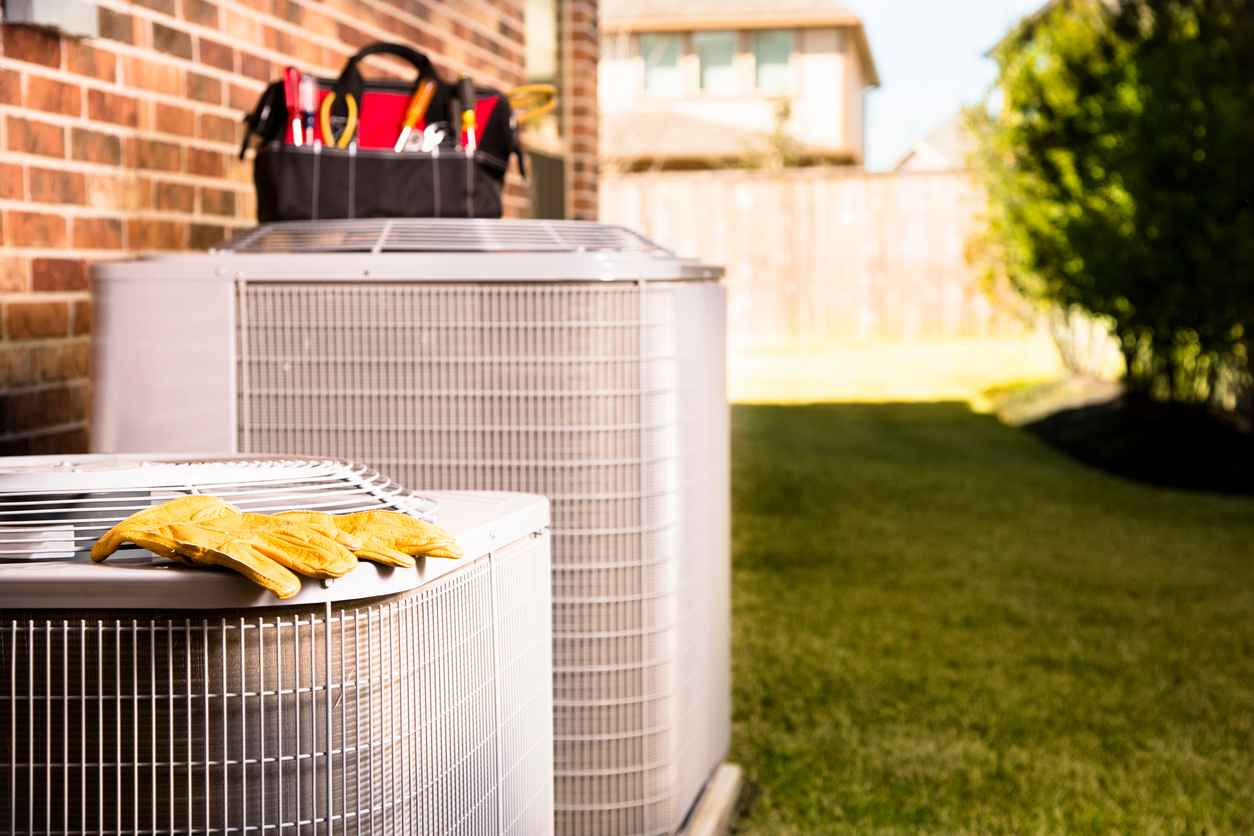
BIG Changes to Federal HVAC Tax Credits: What Austin Homeowners Need to Know Before the End of 2025
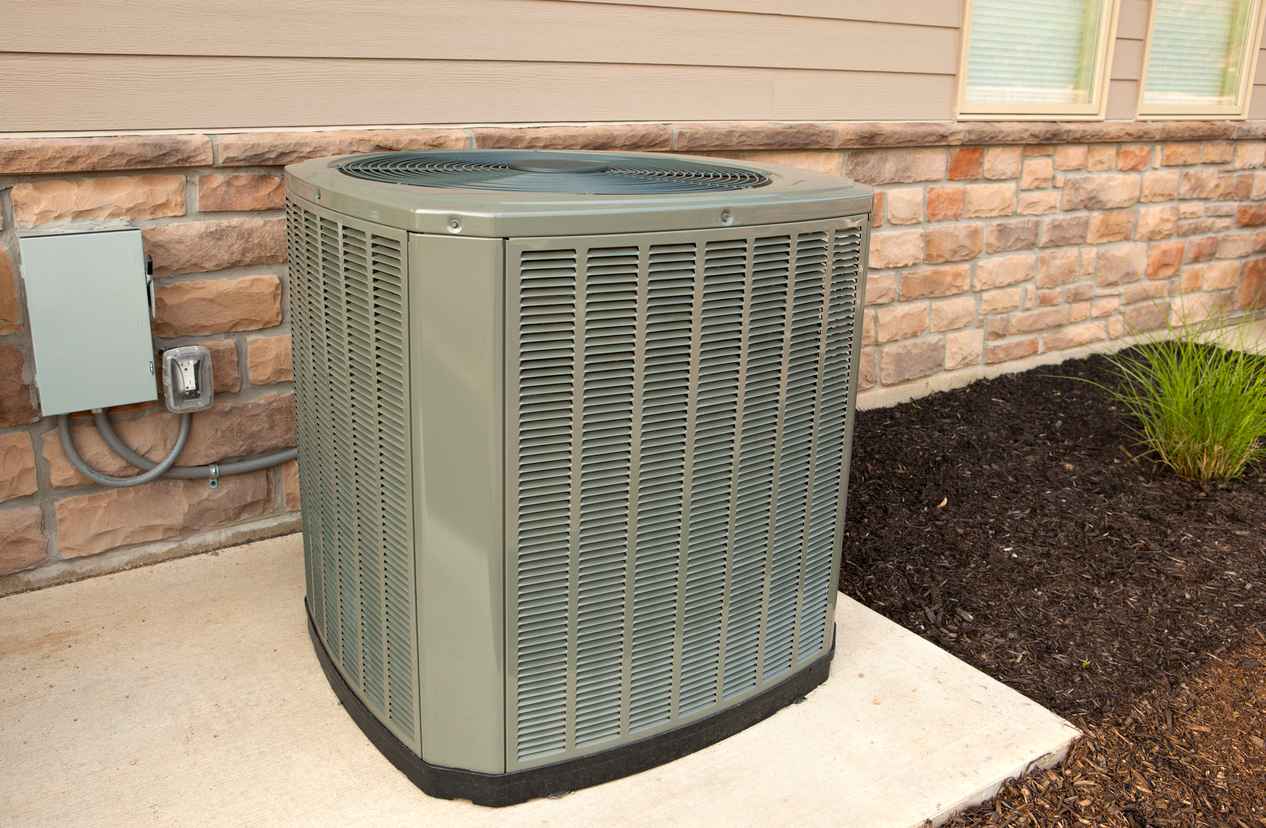
Why Is My Heat Pump Not Turning On?
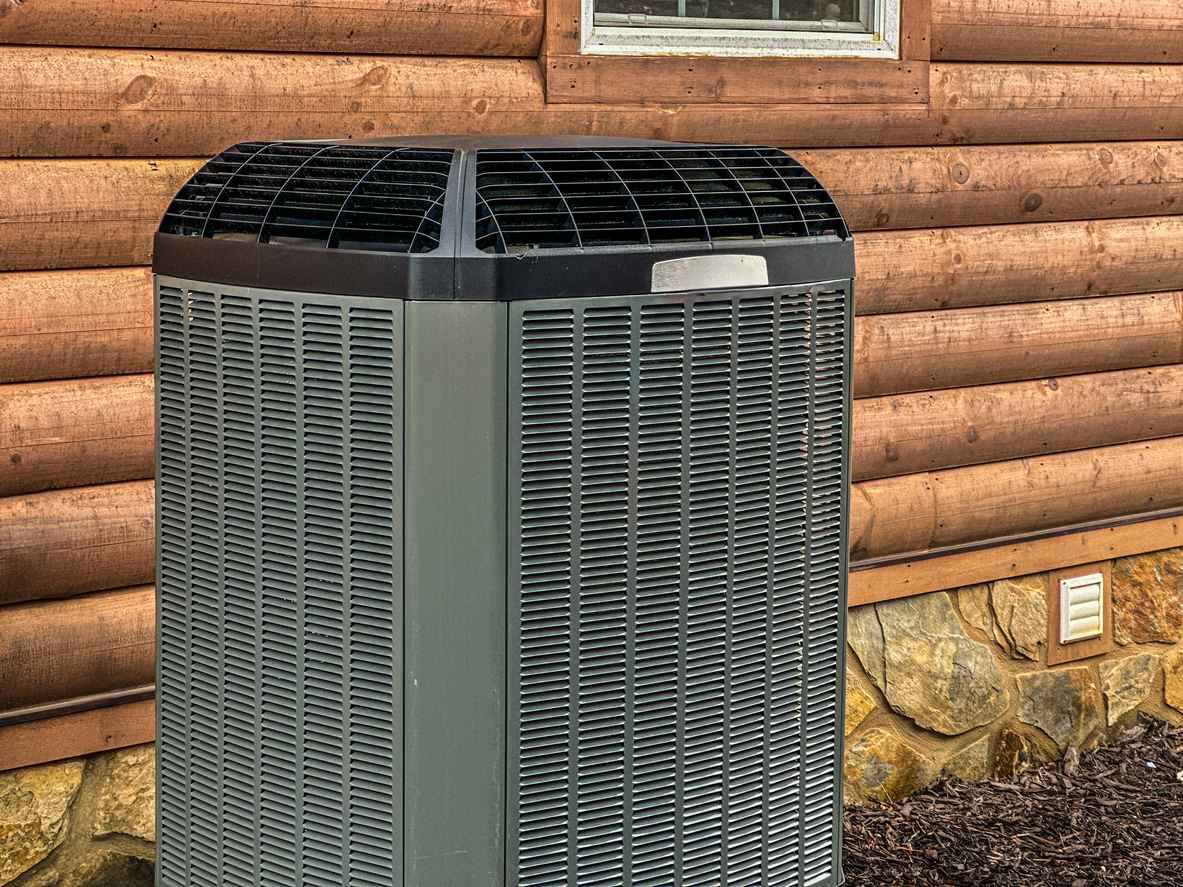
Local Matters
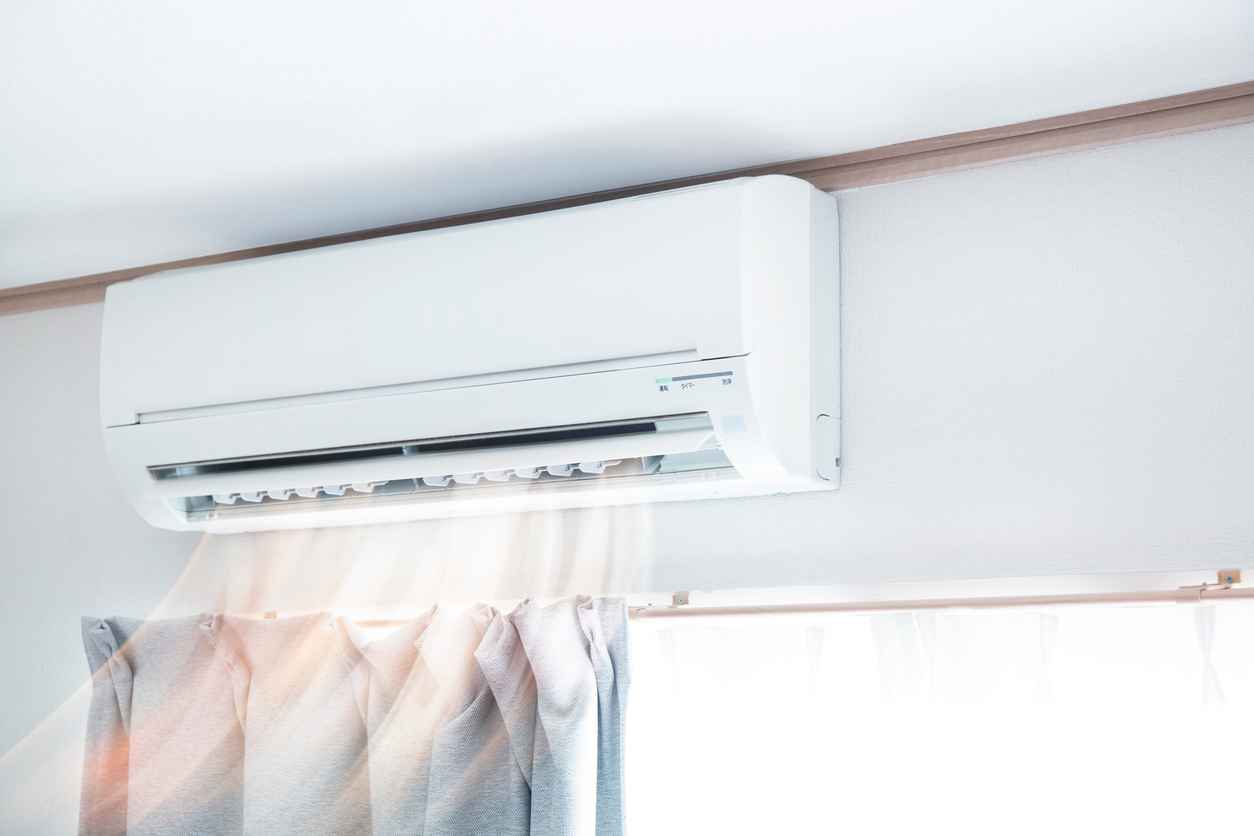
What Is a Ductless Mini Split?
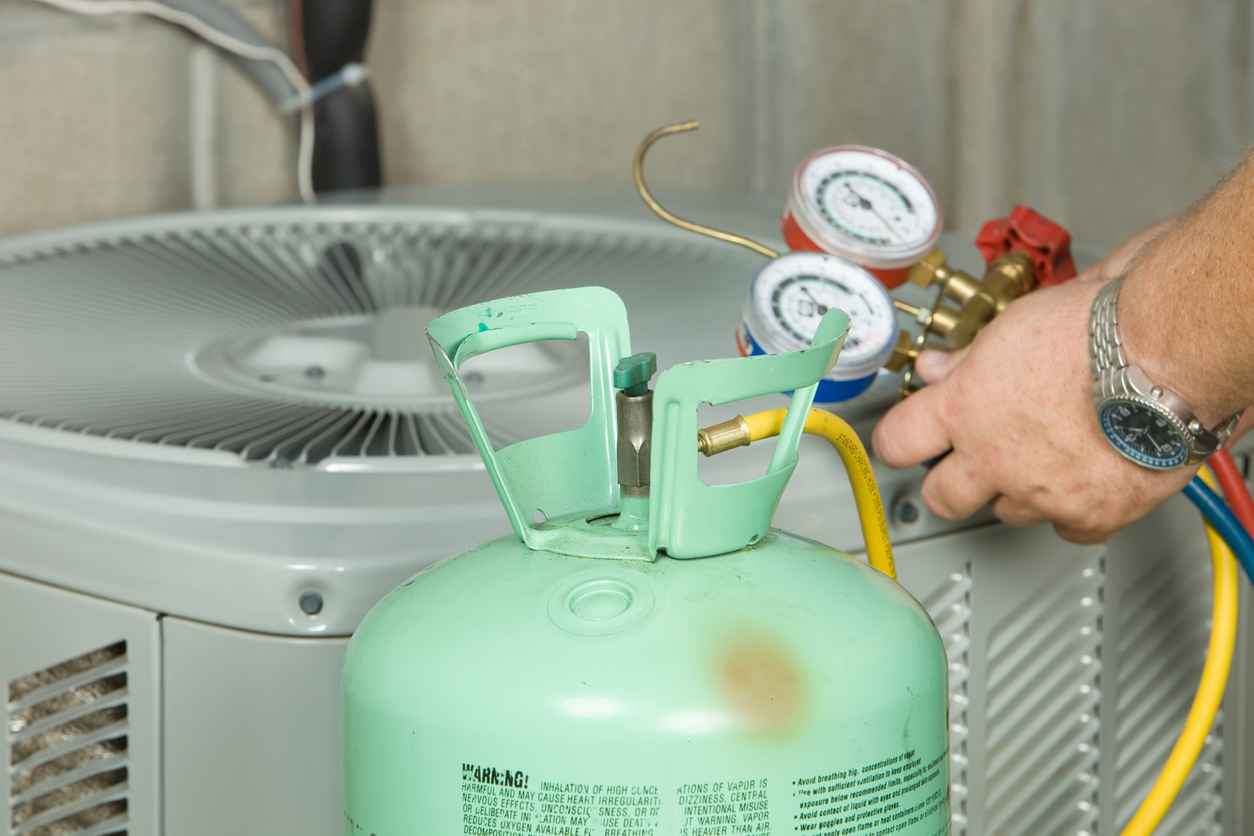
Understanding the 2025 HVAC Refrigerant Mandate: What Austin Homeowners Need to Know
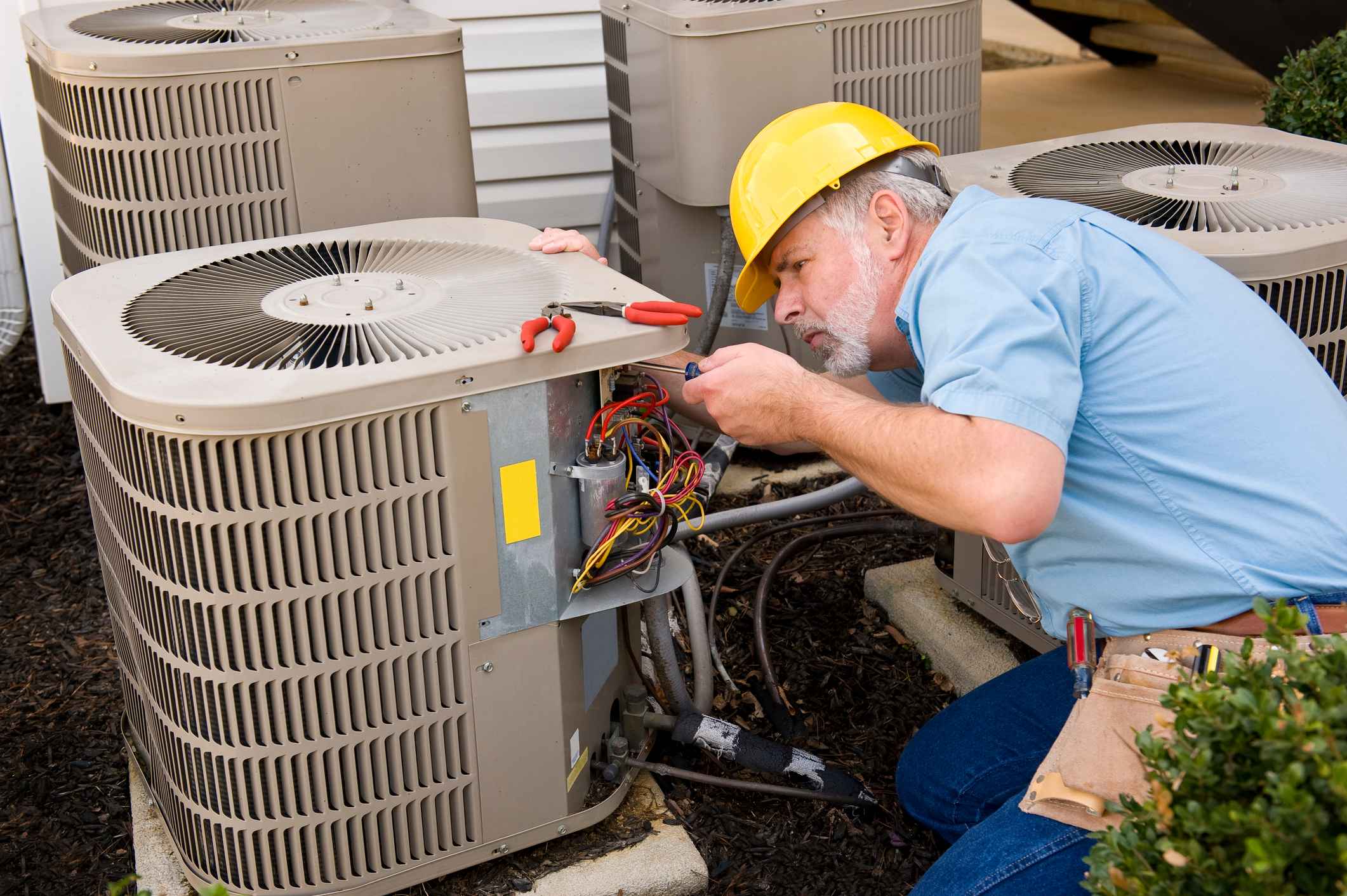
Why Spring 2025 Might Be the Smartest Time to Replace Your AC System


